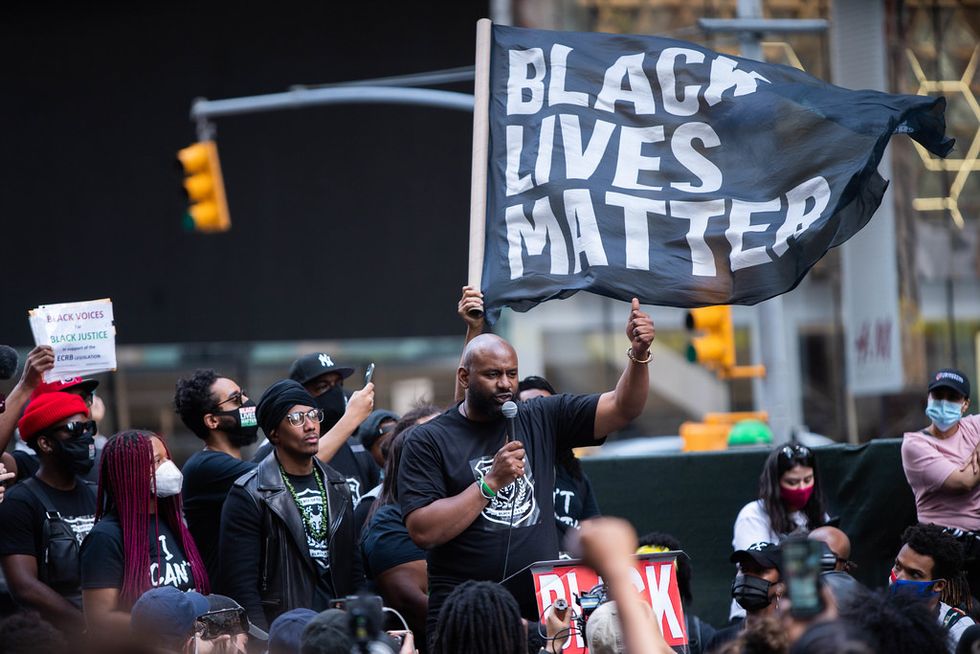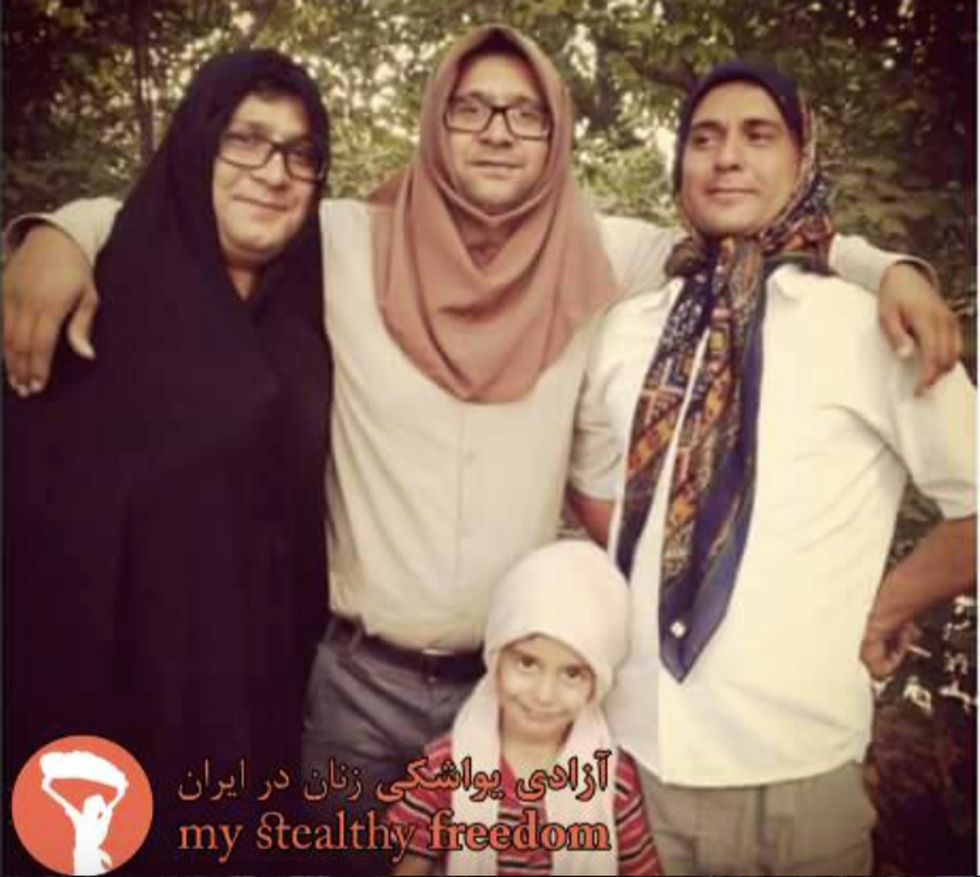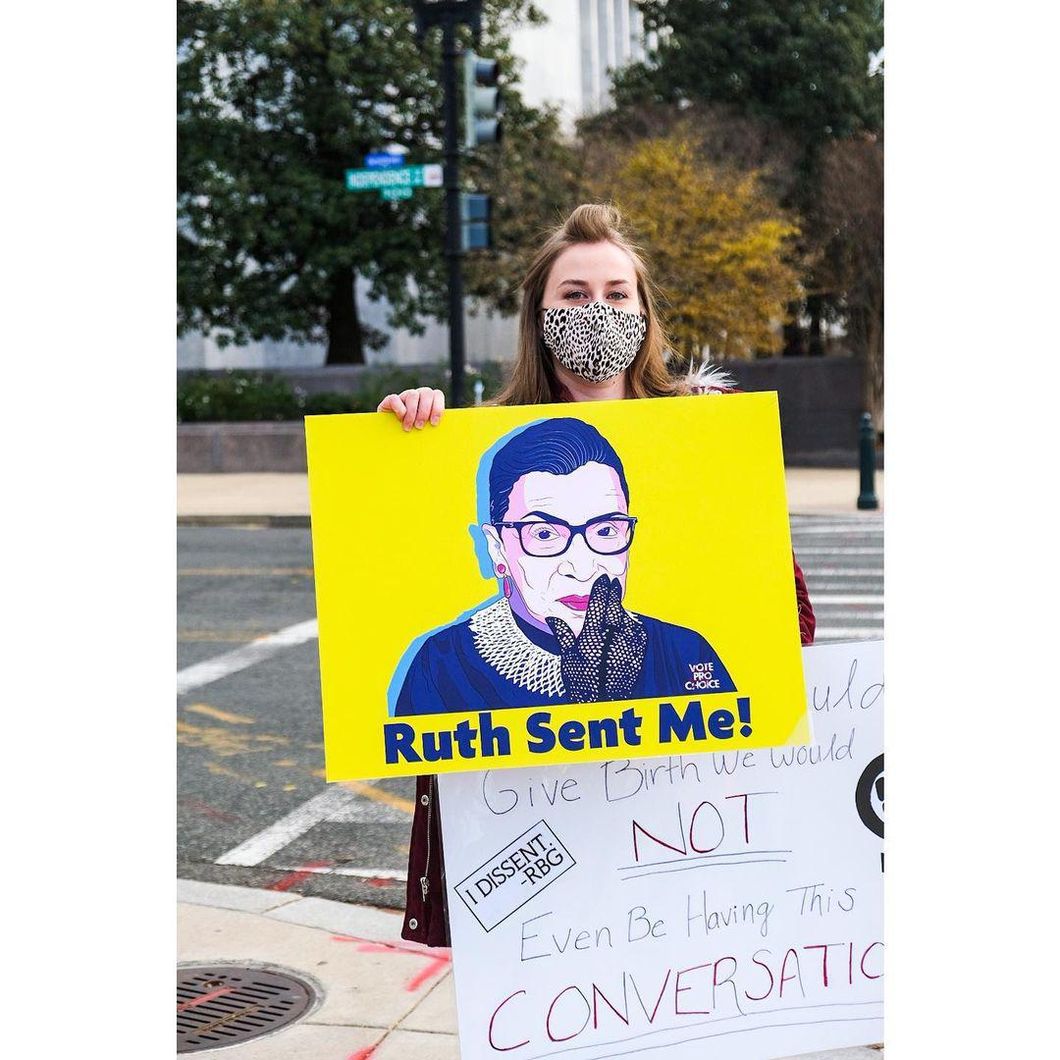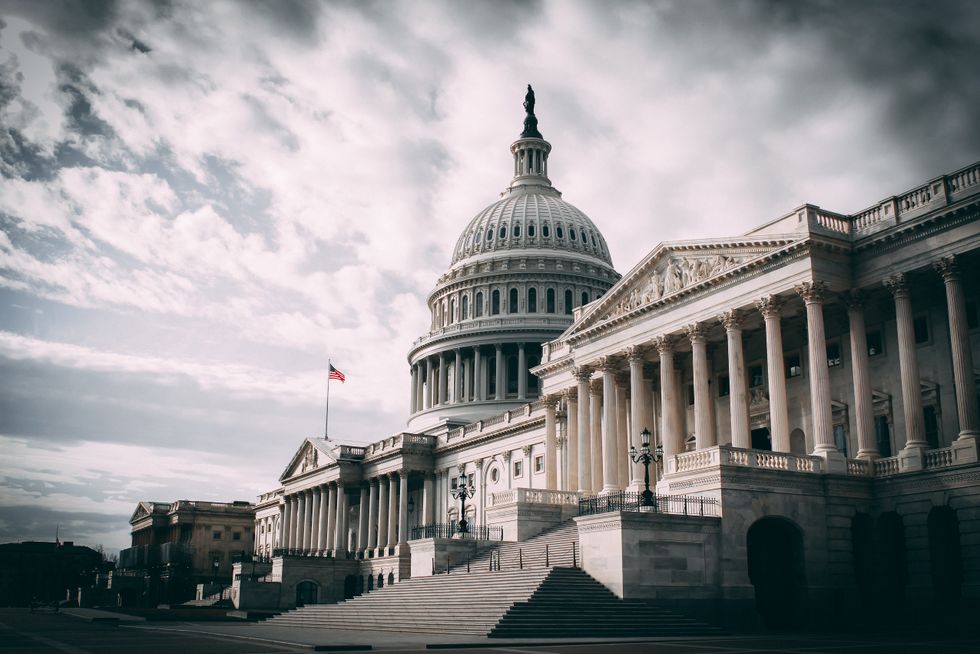America's History In Racism
In this article we go back in time and see how racist the history of our country is. We also look at parts of Dr. Martin Luther King Jr's , "Letter from Birmingham Jail.
Racial oppression has been unfortunately prominent in the United States of America. Primarily focused on minorities by the majority oppressors, there are historical and modern views of the inequality in our supposedly "united" country.
The earliest example of racial oppression was on the original people of America, the Native Americans. With Columbus' arrival in 1492, Native American tribes and land were invaded, taken over, and erased. The Native Americans were described as hostile and savage which led to the a massacre from the Union Army. In the year 1838, Native Americans were forced out of their land because the settlers' greed for resources. In the winter of 1908, the Native Americans were deprived of water for farming and drinking because of dams settlers had established without permission. In the end, the Indian Citizenship Act was an attempt to grant citizenship to Native Americans but some states did not fully allow it.
Slavery is the most unmistakable form of racial oppression. People were being sold as an object or property. Around 6 to 7 million African Americans were deprived of a plentiful life and were forced to succumb to the American oppressors. Starting in 1619, African Americans were used as a cheap labor source for farming tobacco, rice, and indigo. The social hierarchy on the plantation among slaves also turned them against each other. Simply being inside the house was enough to create a divide between African Americans. Despite the ending of slavery in 1862, there was still no freedom because of the new title of indentured servants.
In Martin Luther King Jr.'s "Letter to Birmingham," he references the Holocaust and how it relates to his incarceration and the oppression of African American people in the United States. King explains that people are morally obligated to act against unjust laws. While he was specifically referring to Jim Crow laws, he drew a connection between the oppression of African Americans in America to the oppression of Jewish people in Nazi Germany. "We should never forget that everything Adolf Hitler did in Germany was 'legal' and everything the Hungarian freedom fighters did in Hungary was 'illegal.' It was 'illegal' to aid and comfort a Jew in Hitler's Germany.
"Even so, I am sure that, had I lived in Germany at the time, I would have aided and comforted my Jewish brothers. If today I lived in a Communist country where certain principles dear to the Christian faith are suppressed, I would openly advocate disobeying that country's anti-religious laws. King expressed his frustration that some of his peers criticized his methods and civil disobedience.
He states that the people who helped save Jewish lives in Germany during Hitler's reign should be considered brave and heroic even though they directly broke Hitler's rules. They risked their lives to uphold their moral values. Civil Rights activists in America who helped African American people gain equal rights from the American government were charged with crimes, and King was one of them. King tried to justify his actions and encourage others to do the right thing by comparing his fellow clergymen to Hitler. He said that those who do not work against oppression are the same as the oppressors. It may seem harsh that he compared them to Hitler but perhaps it was what needed to be said for them to understand and to take action themselves.
Both the Jews and African Americans living prior to the Civil Rights Movement were oppressed and King's connection of the experience between them helped to motivate people to stand with him.
And here we are in the present day. Even after the twenty fourth amendment, even after the Civil Rights Act, minorities this country are still suffering, especially black Americans.
Prejudice and discrimination still lies in the hands of the American government today. Our prison system is severely unfair to minorities. In 2008, about 40 percent of the prison population consisted of African Americans but only made up 13.2 percent of the United States population. About 20 percent of the prison population were Hispanics and 17.1 percent made up the United States population. African Americans were more likely to be incarcerated before their trials, to receive the death penalty, and be arrested and charged with drug crimes. These stereotypes negatively effect minorities and are created to oppress.
This is why people are protesting, this is why we are experiencing the second Civil rights movement. We are fed up. While Martin Luther King has been used against the protests he is most helpful and used best when defending the movement. As he said in the letter, we are morally obligated to act against unjust laws.































